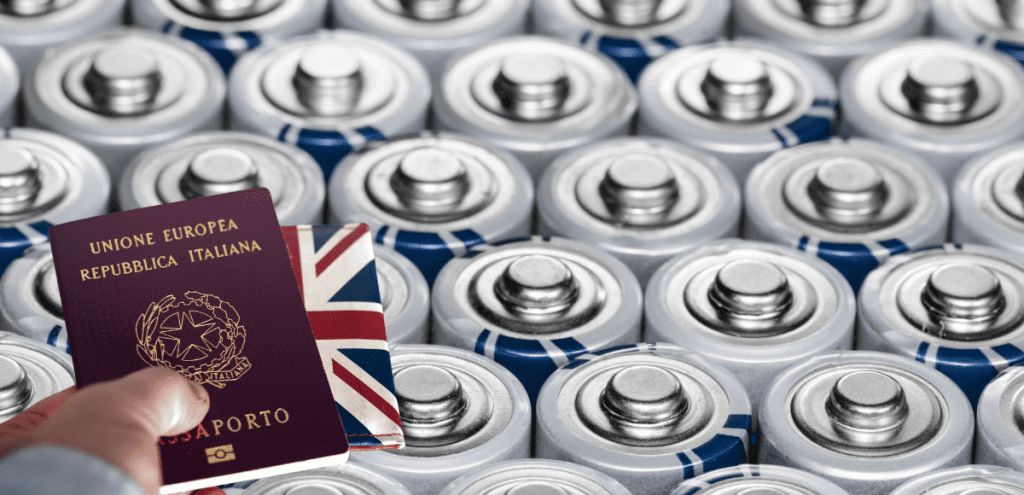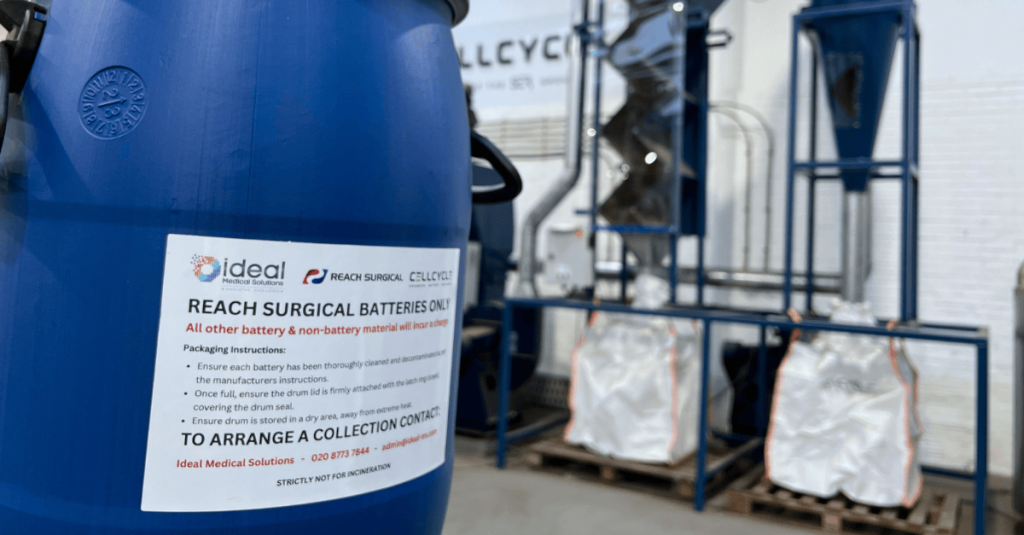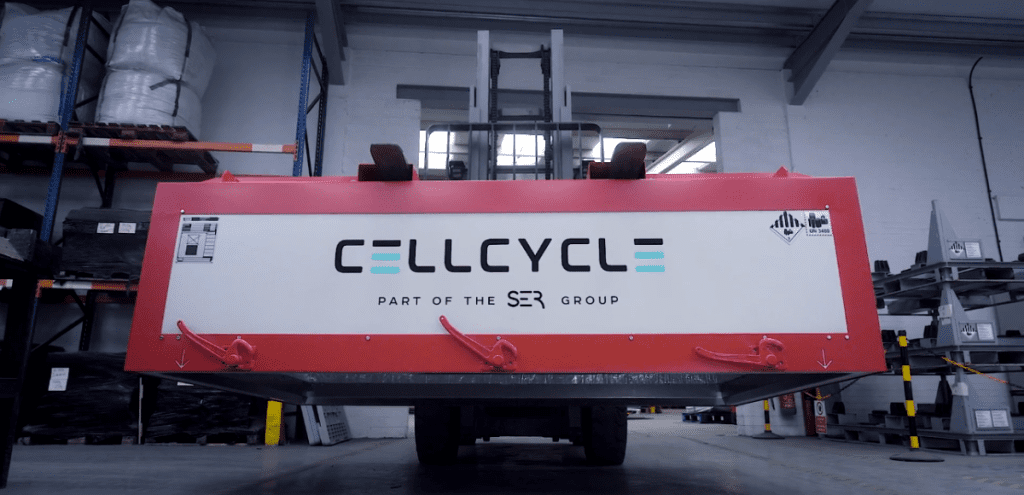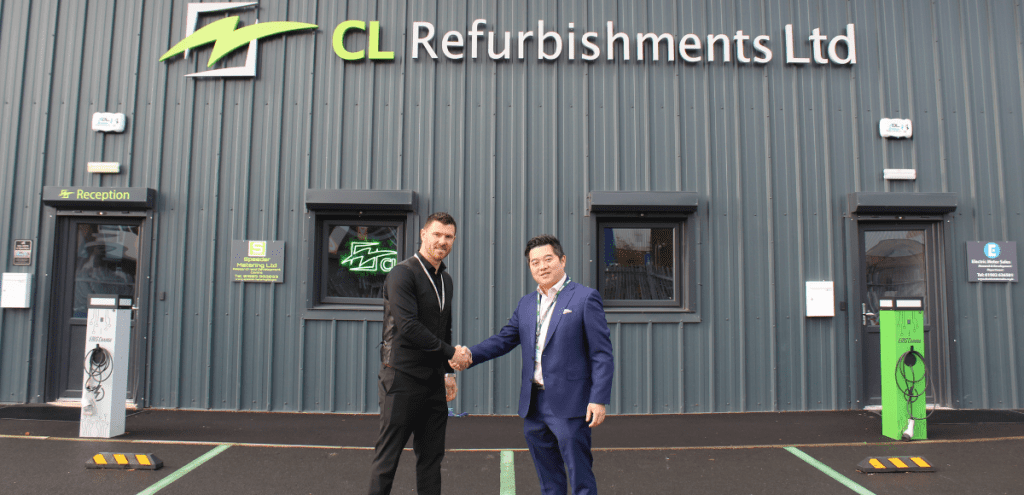As the electric vehicle (EV) market continues to evolve, more regulations are emerging to enhance sustainability and transparency. One of the new regulatory rule is the Battery Passport, a digital record that tracks the lifecycle and environmental impact of industrial batteries including EV’s with a capacity greater than 2 KWh. Volvo and Circulor are collaborate to announce its flagship EX90 electric SUV will feature the world’s first Battery Passport marks a significant milestone in this journey.
Understanding the Battery Passport
The Battery Passport is a comprehensive digital record that provides detailed information about an industrial battery’s raw materials, components, recycled content, and carbon footprint. This leverages blockchain to ensure transparency and traceability from the extraction of raw materials to the finished product. By scanning a QR code on the inside of the driver’s door, owners can access key battery information, making it easier to assess battery health and sustainability over time.
Implications for the Battery Recycling Industry
For the battery recycling industry, the introduction of Battery Passports is a groundbreaking development. As a leading UK-based lithium-ion battery recycling company, Cellcycle is poised to benefit from and contribute to this new regulatory landscape. Here’s how:
- Enhanced Traceability: Battery Passports will provide recyclers with detailed information about the composition and history of each battery. This data is crucial for determining the most efficient recycling methods and maximizing the recovery of valuable materials such as lithium, cobalt, and nickel.
- Improved Battery Health Assessment: The passports will include real-time data on battery health, which is particularly important for second-life applications. Batteries that are no longer suitable for automotive use can be repurposed for energy storage solutions, thereby extending their lifecycle and reducing waste.
- Regulatory Compliance and Market Access: By adopting Battery Passports, Cellcycle can ensure compliance with upcoming EU regulations set to take effect in 2027. These regulations will require all new EV batteries sold in Europe to include detailed information about their environmental impact and material origins. Being ahead of the curve in adopting these standards will enhance Cellcycle’s reputation and market positioning.
- Consumer and Investor Confidence: Transparency provided by Battery Passports can boost consumer and investor confidence in the sustainability of recycled batteries. As consumers become more environmentally conscious, the ability to trace the origins and lifecycle of battery materials will become a key differentiator in the market.
Essential Steps for Cellcycle to Implementing the Battery Passport
Collaborate with Stakeholders: Engaging with various stakeholders in the battery value chain, including manufacturers, suppliers, and regulatory bodies, is essential for us. By fostering strong partnerships, the battery recycling process can align with broader sustainability and circular economy objectives. This collaboration involves regular meetings, joint initiatives, and shared resources to streamline the implementation of the Battery Passport system. Such efforts help in creating a unified approach to battery management, promoting transparency, and ensuring compliance with new regulations.
Educate and Train Staff: Investing in comprehensive training programs for staff is crucial for us to effectively understand and manage the Battery Passport system. These programs cover both the technical and regulatory aspects of battery recycling, ensuring that employees are well-equipped to handle the intricacies of the new system. Training modules include detailed instructions on data management, regulatory compliance, and the use of advanced tracking technologies. Building a knowledgeable workforce is vital for driving the successful implementation of the Battery Passport, thereby enhancing operational efficiency and ensuring environmental compliance.
Conclusion
The news of Battery Passports with the Volvo EX90 is a pioneering step towards a more sustainable and transparent EV ecosystem. For Cellcycle, this new rule presents an opportunity to enhance recycling processes, comply with upcoming regulations, and build stronger relationships with consumers and partners. By embracing Battery Passport technology, We are not only reinforcing its position as one of the leaders in the battery recycling industry but also contributing to a more sustainable future for all.



